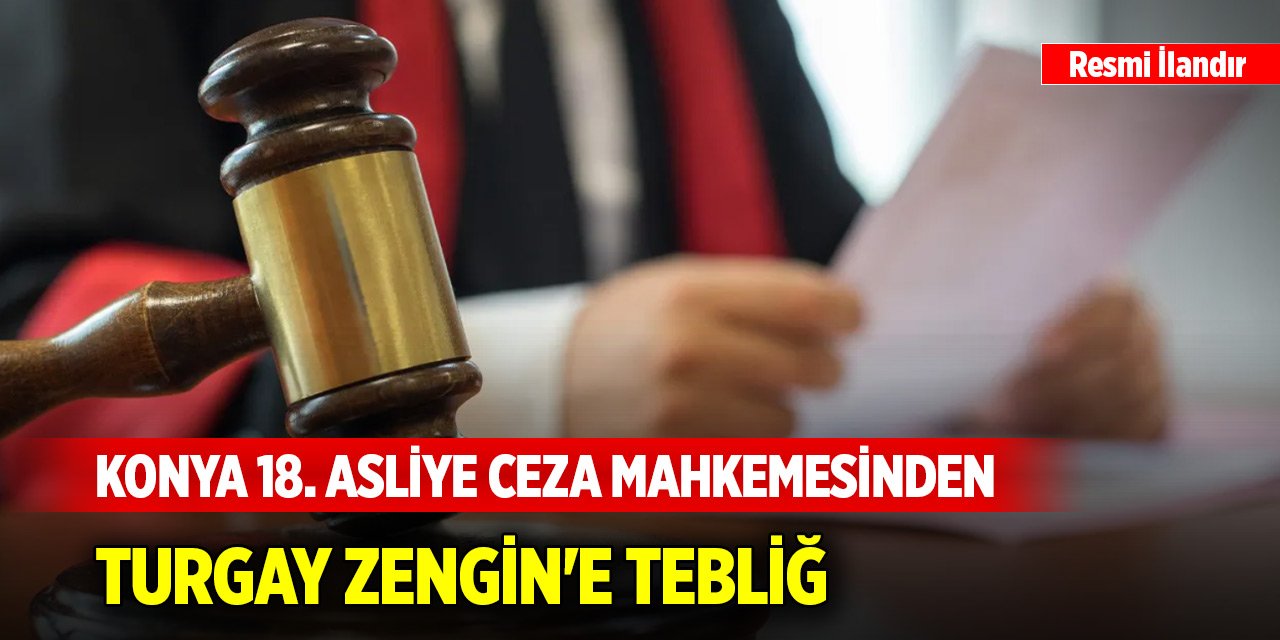India, Japan ink pacts on bullet train, defense
Agree to $12 billion package to build India’s first bullet train amid strengthened relations as China becomes more assertive in region

India and Japan inked four major agreements Saturday, including one for a bullet train that will connect Mumbai and Ahmedabad in western India.
In a televised joint press conference with his Japanese counterpart Shinzo Abe, Indian PM Narendra Modi said no other country has played such a “decisive role” in India’s economic transformation as Japan.
“No friend will matter more in realizing India’s economic dreams than Japan,” said Modi, leader of the right-wing nationalist Bharatiya Janata Party. “I cannot think of a strategic partnership that can exercise a more profound influence on shaping the course of Asia.”
As part of the deal, Japan agreed to a $12 billion package to build India’s first bullet train between Mumbai and Ahmedabad in Modi’s home state of Gujarat.
The train project will be built by Japan’s Shinkansen, which is known for its speed, reliability and safety, Modi said.
Abe echoed Modi’s sentiments by saying that the Indian-Japanese partnership has the “greatest potential” of any bilateral relationship.
“With a view to supporting [the] growth of India, both [the] public and private sector of Japan will act in unison,” Abe said.
Abe added that Japan will build a convention center in Modi’s parliamentary constituency Varanasi in Uttar Pradesh state.
Japan is also participating in Modi’s pet project “Make-in-India”, which aims to transform India into a manufacturing hub.
Also, Japan will import cars manufactured in India for the first time as part of the project.
The bilateral relationship between Asia’s second and third largest economies has strengthened in recent years as China becomes more assertive in the region.
During the talks, there was progress on civil nuclear energy between the two countries, but no final agreement has been reached as some differences remain to be ironed out.
Abe had stressed to reporters Friday that a nuclear cooperation pact between India and Japan – the only country in the world to have experienced atomic bombing – would be strictly limited to civilian uses of the energy.
Japan’s deputy chief cabinet secretary, Koichi Hagiuda, insisted to reporters Saturday that cooperation under the pact – the negotiations for which have lasted five years – would come to an end in the case of India carrying out a nuclear test, Kyodo news agency reported.
Similarly, the much-anticipated sale of 12 Japanese US-2i Amphibious aircraft -- worth $1.3 billion -- to India was not concluded as the bilateral working group continues to discuss technology transfer and licensed production, an issue that has been lingering for two years.
If realized, it could become Japan’s first military equipment transfer in decades after Abe lifted a ban on weapons sales under the country’s post-World War II pacifistic constitution.
Both nations also agreed to cooperate in the fields of security, infrastructure, technology and education.



